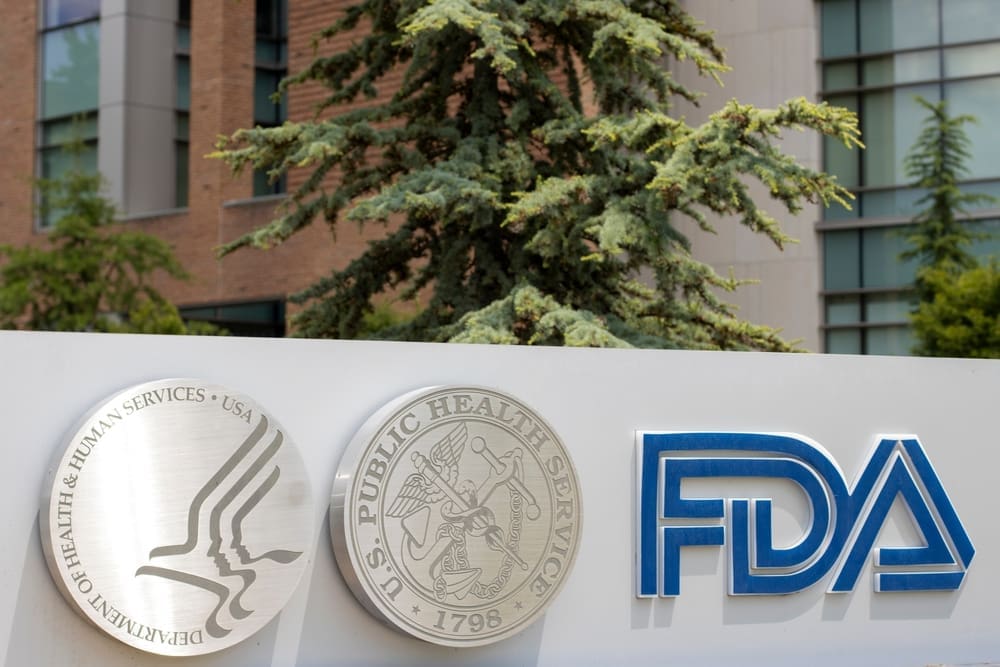Recent workforce reductions within the United States Department of Health have sparked concerns about potential impacts on the Food and Drug Administration’s (FDA) inspection capabilities. Although the FDA’s food and drug safety inspectors were initially reported to remain unaffected, significant staff departures in supporting roles have occurred.
The reductions have affected employees responsible for organizing international travel to remote pharmaceutical sites, laboratory scientists testing food samples for contamination, and communication specialists alerting the public about urgent safety recalls. These changes have prompted the FDA to expedite plans to employ external contractors to fill some of these vacated positions.
The FDA has long grappled with challenges in bolstering its inspection workforce following a wave of retirements and resignations during the COVID-19 pandemic. Efforts to recruit new inspectors have been hindered by demanding job requirements, including extensive travel, modest pay, and challenging work conditions abroad.
FDA Commissioner Marty Makary stated that recent cuts targeted positions within communications, legislative affairs, and technical support, ensuring that scientific reviewers, inspectors, and law enforcement remained untouched. Makary emphasized the agency’s commitment to equipping these essential roles with necessary resources to perform effectively.
Recent reductions have involved 170 employees from the FDA’s Office of Inspections and Investigations, impacting staff handling travel bookings, visas, and inspector security in regions like Asia and South America. Layoff notices indicated these roles were redundant, though the decision to outsource this work to private firms suggests otherwise.
The union representing FDA staff criticized the decision as imprudent and inefficient, raising concerns about potential risks to public safety. Meanwhile, a spokesperson for the Department of Health and Human Services described the cuts as targeting “administrative positions,” aimed at enhancing agency efficiency and responsiveness, without clarifying if contractors would prove more cost-effective or efficient.
Despite assurances, there are fears that changes could lead to further personnel losses, particularly among seasoned inspectors, due to an increasingly challenging work environment. The Government Accountability Office recently advised the FDA to develop new strategies for retaining inspectors, as attrition rates have surpassed hiring efforts for years. Currently, the FDA conducts 36% fewer inspections than before the pandemic.
While no official tally of job losses at the FDA is available, many supervisors remain uncertain about the full extent of early retirements or severance agreements impacting their teams. Susan Mayne from Yale University, who previously led the FDA’s food center, warned of potential devastating effects on the FDA’s operational capacity.
Recent layoffs have also affected roles aligned with Robert F. Kennedy Jr.’s priorities, including enhanced regulation of food additives and chemicals. In Chicago, 15 scientists from the FDA’s Division of Food Processing Science and Technology were dismissed, affecting efforts to identify harmful chemicals and reduce microplastics in packaged foods.
The FDA’s food safety experts are dispersed across the United States, and closures of various sites risk losing valuable expertise and skills. As a result, remaining agency staff are striving to cover critical tasks previously handled by laid-off colleagues, including notifying consumers and professionals about safety issues like food recalls, import alerts, drug side effects, and supply shortages.
The recent elimination of the media affairs office has left a handful of employees across the agency responsible for communications related to a wide range of products. This task is further complicated by the requirement for almost all public statements to pass through the Health and Human Services press office, staffed by individuals with limited FDA expertise.














